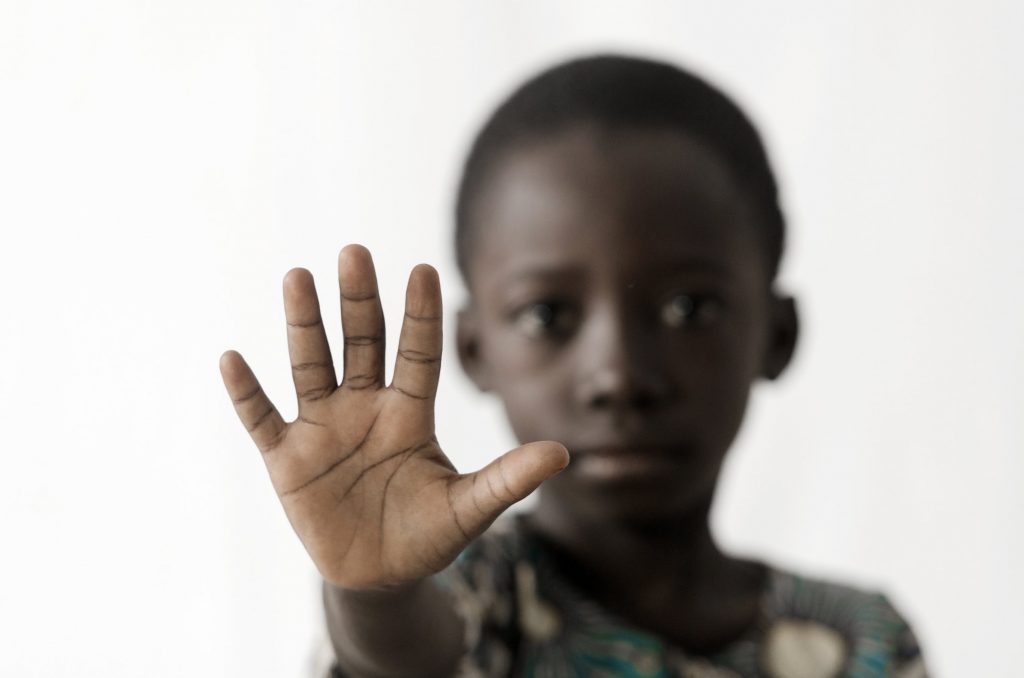By Yvonne E Mwende
Violence destroys lives. Globally, one in five women reports being sexually abused as a child; one in three women has been a victim of physical or sexual violence by an intimate partner at some point in her lifetime, this according to the Global status report on violence prevention 2014. Furthermore, one in six men has been abused as a child.
Children and women suffer profound consequences of violence, beyond death. Its outcomes have catastrophic repercussions, contributing to lifelong ill health, depression, suicide, leads to alcohol and drug addiction, school drop-outs, unemployment and recurrent relationship difficulties. Moreover, in crisis and conflict-affected countries, violence can hamper recovery and development efforts by exacerbating societal divisions, perpetuating crime, and in some cases leading to the recurrence of wars.
Violence in children causes stress that is associated with disruption in early brain development. Extreme stress can impair the development of the nervous and immune systems. Consequently, many leading causes of death such as heart disease, stroke, cancer and HIV/AIDS are the result of victims of violence adopting behaviors such as smoking, alcohol and drug misuse, and unsafe sex in an effort to cope with the psychological impact of violence.
Although Gender Based Violence (GBV) affects both men and women, it disproportionally affects women and girls more. For instance, sexual violence against women and girls can lead to unintended pregnancies, unsafe abortions, gynecological problems and sexually transmitted infections, including HIV. Women who have experienced non-partner sexual violence are 2.3 times more likely to have alcohol use disorders and 2.6 times more likely to have depression or anxiety than women who have not.
Growing scientific research demonstrates that violence is preventable. The World Health Organization (WHO) and its partners identified strategies focusing on preventing violence and focusing on response efforts, based on systematic reviews of the scientific evidence for prevention. They ascertain that these strategies can potentially reduce multiple types of violence and help decrease the likelihood of individuals perpetrating violence or becoming victims. Two of the strategies correspond with I Am My Bodyguard’s key mandate of giving all children and women the ability to protect themselves against all types of violence including gender-based sexual violence. The strategies are: developing life skills in children and adolescents; and victim identification, care and support programs.
I Am My Bodyguard, a global foundation based in Kenya is dedicated to giving all children and women a fighting chance. We offer a great opportunity to support children and women’s well-being, since we acknowledge that violence hinders women’s access, benefit, and contribution to development by restricting their choices and limiting their ability to act. Gender-based sexual violence is a violation of human rights and addressing it is central to development and key to achieving development outcomes.
We therefore, ask you to get involved to give children, and women a fighting chance by teaching them valuable personal life skills that will make them more aware of their environment. If you wish to make an impact, please pick a cause and partner with us. We value your support.

